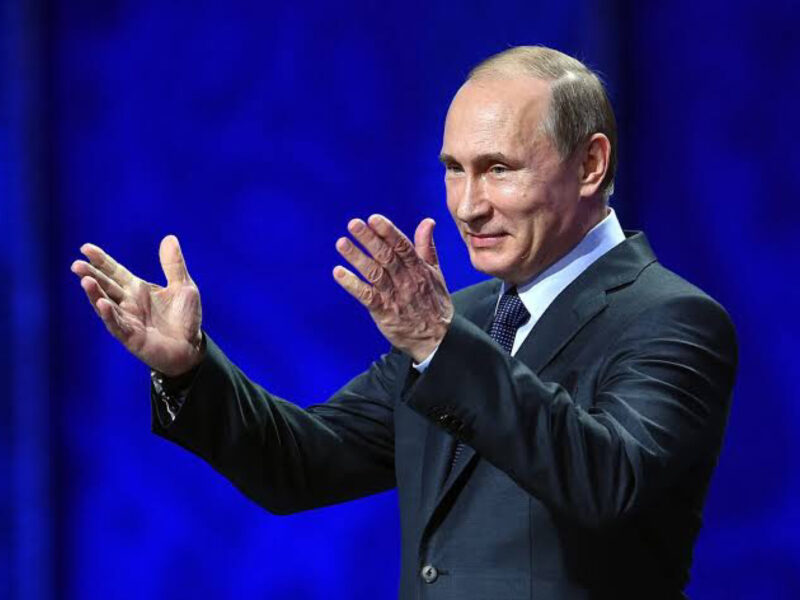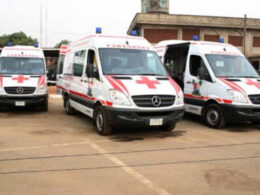Kremlin Acknowledges Migration as Essential for Russia’s Development Amid Demographic Crisis
In a recent interview, Kremlin spokesman Dmitry Peskov emphasized the necessity of migrants for Russia’s ongoing development, citing a declining domestic workforce as a key concern. “Migrants are essential,” Peskov stated to the state news agency RIA Novosti, highlighting the pressing demographic challenges facing the country.
Peskov remarked on Russia’s vast size juxtaposed with its limited population, saying, “We confront a tense demographic situation. Despite being the largest country in the world, our population is relatively small.”
This comment came shortly after the Russian parliament passed legislation aimed at banning “child-free propaganda,” effectively prohibiting the encouragement of childlessness. This move seeks to address a demographic crisis that has roots in the Soviet era and has been exacerbated by the ongoing conflict in Ukraine. “To ensure dynamic development and the successful implementation of our development initiatives, we need a robust labor force,” Peskov noted, indicating that Russian officials are supportive of migration.
Despite this stance, anti-migrant sentiment is prevalent within the country, particularly towards workers from former Soviet republics in Central Asia, who play a vital role in various sectors of the economy. In July, the Kremlin admitted that the low population levels pose a significant threat to the nation’s future.
The population has struggled to rebound since the Soviet period, even as President Vladimir Putin’s administration has offered substantial incentives like financial support and mortgage benefits to promote larger families. Factors contributing to the demographic decline include low birth rates, a high number of deaths related to COVID-19, and the exodus of hundreds of thousands of men seeking to evade mobilization for the Ukraine conflict.
In 2023, Russia’s fertility rate was measured at 1.41 births per woman of childbearing age, according to the national statistics office, Rosstat, as reported by RBC news. This figure falls below the 2.0 rate required to maintain the population size. Current data reveal a reduction in births, with 920,200 babies born in the country from January to September this year—a decline of 3.4 percent compared to the same timeframe in the previous year. This represents the lowest birth rate recorded since the 1990s.










Join our Channel...